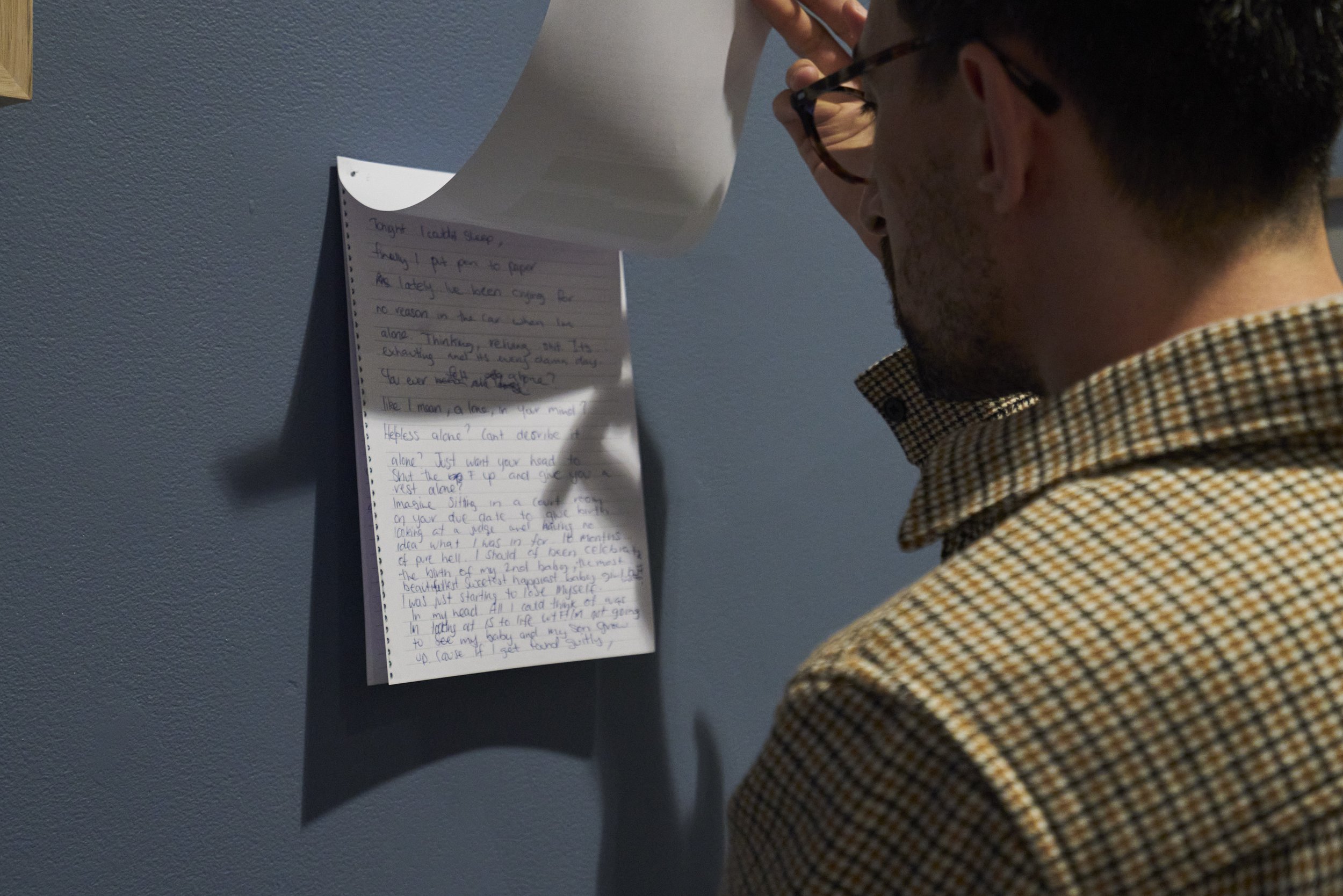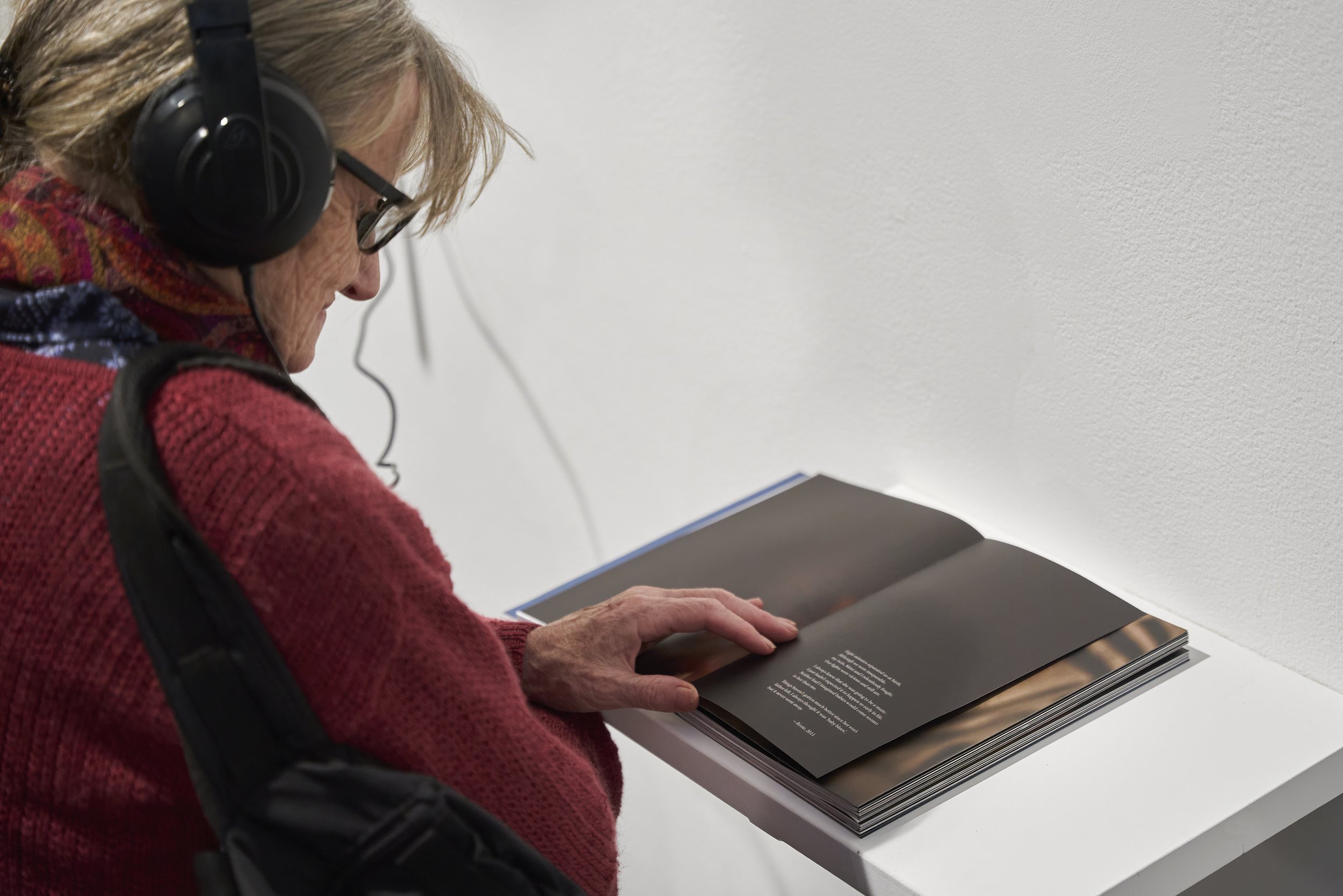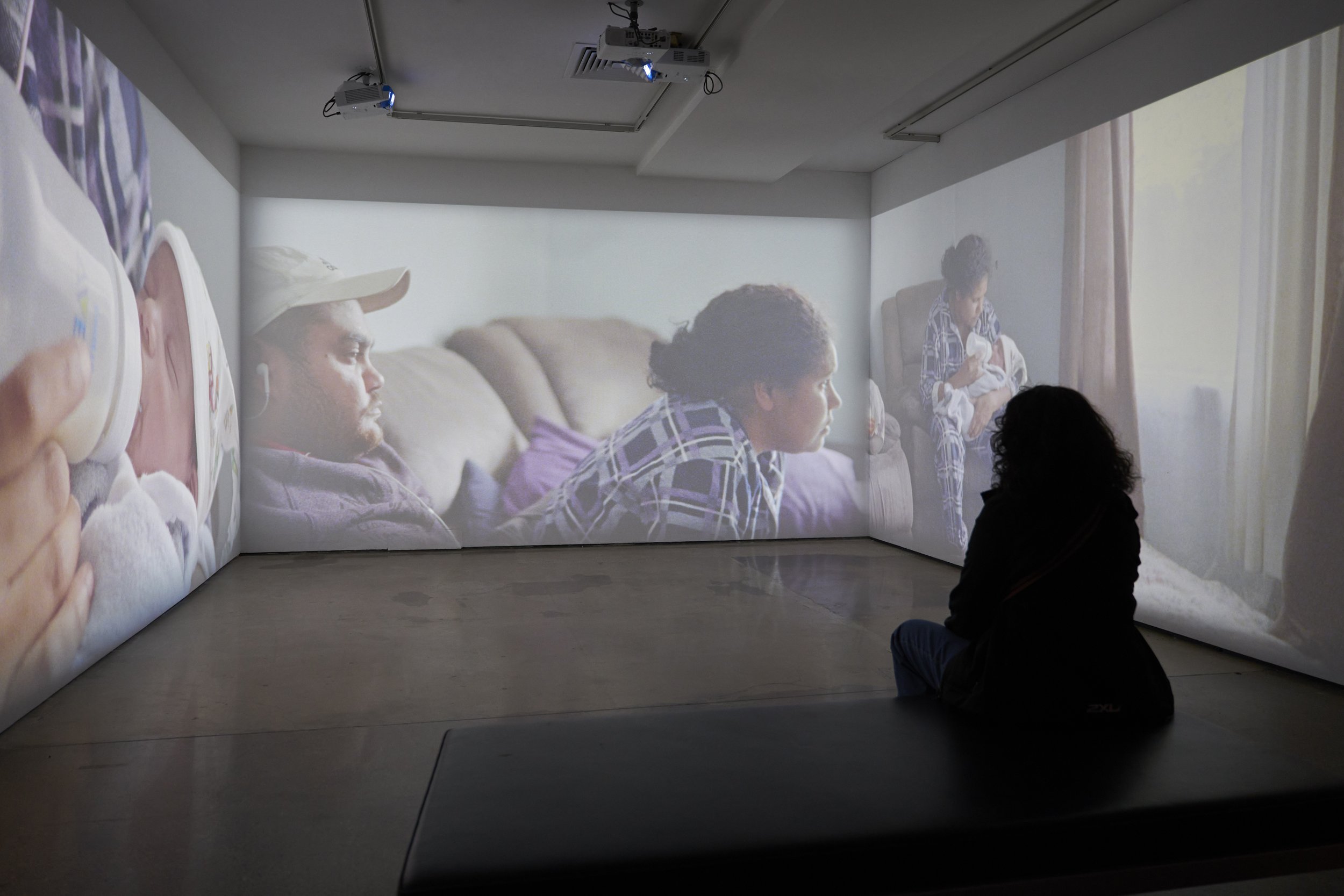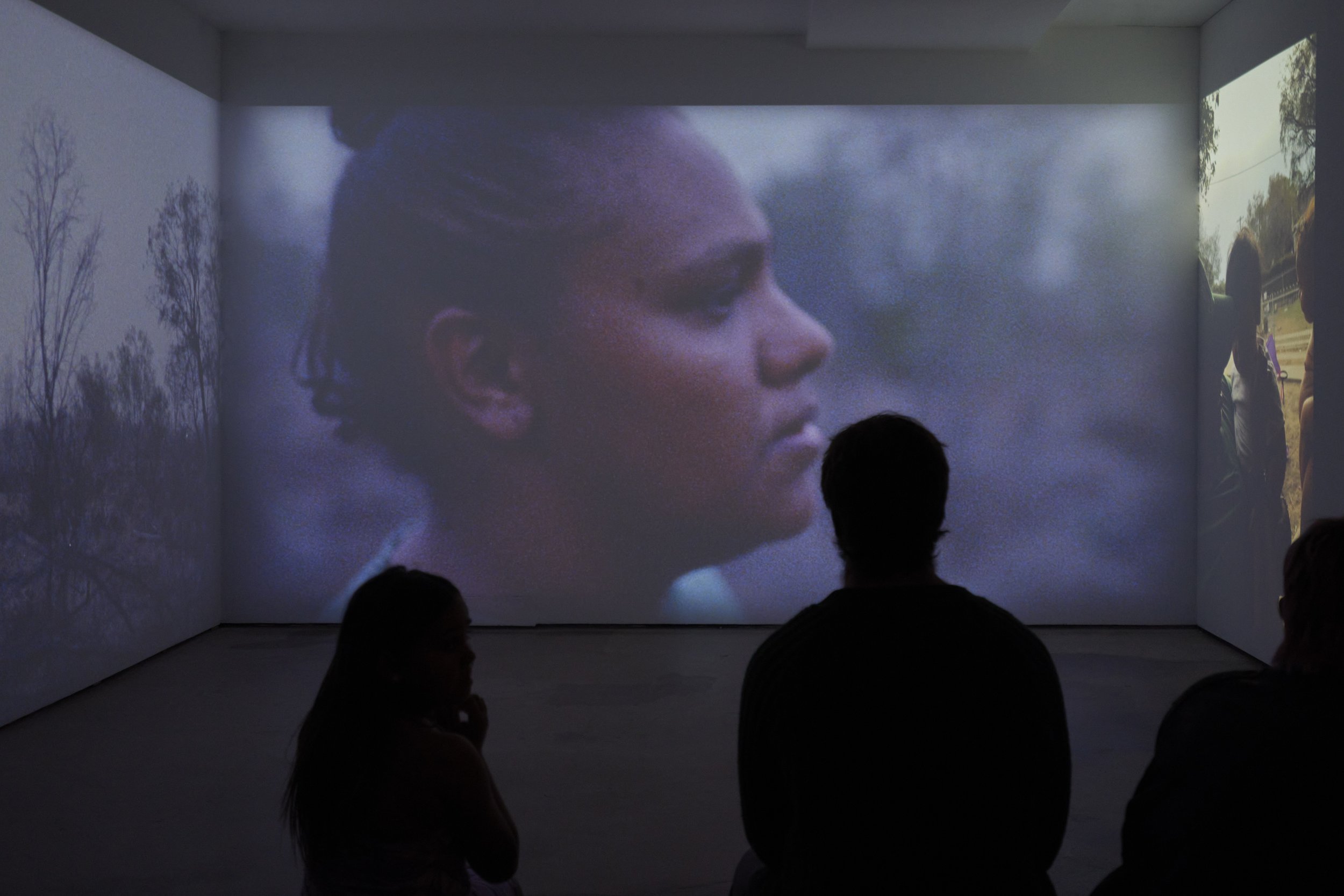






















































































































Public Program
REIMAGINE OUR COMMUNITIES: POETRY, POSTER MAKING AND PRISON ABOLITION
Saturday 20 May 2023 at 10am - 4pm
Prison abolition requires us to reimagine our communities without relying on a criminal legal system comprised of policing, prisons, and punishment. It is a movement that strives for a more just, equitable, and compassionate society that is rooted in principles of care and collective liberation. Join Meanjin-based artists and prison abolitionists Boneta-Marie Mabo and Ruby Wharton as they guide us to creatively reimagine our communities.
NAVIGATING CARCERAL BUREAUCRACY AND SURVEILLANCE
Saturday 22 JULY 2023 at 11am - 12 noon
Co-creators Gillianne Laurie and Raphaela Rosella discuss their creative strategies for nurturing relations of love and care beyond carceral geographies.
WHAT CAN AN ARCHIVE DO?
Saturday 20 May 2023 at 1pm
Archives are typically sites of bureaucratic violence, where ‘decisions are made, knowledge is created, and power is exerted in ways that affect the everyday lives of citizens’. Raphaela Rosella alongside several co-creators discuss how their co-created archive operates as a site of resistance.
RESISTING ARCHIVAL REGIMES OF CARCERALITY
Saturday 5 August 2023 at 11am - 12 noon
Archives bring with them inherent possibilities for replicating carceral systems of power and control. In Conversation, Raphaela Rosella, Debbie Kilroy, Amy McQuire and Chelsea Watego unearth creative approaches to confront such regimes in the arts, media, and the criminal legal system.
CONFRONTING CARCERAL NARRATIVES
Saturday 8 July 2023 at 1pm
In conversation with Debbie Kilroy formerly incarcerated artists Tabitha Lean, Shillan Shebly and BARKAA share their valuable perspectives on the role of art in confronting carceral narratives.
ABOLITIONIST WORKSHOP: A SELF-AUDIT FOR TRANSFORMATIVE CHANGE
Saturday 5 August 2023 at 12:30pm
In this workshop, attendees will be encouraged and supported to explore the possibilities of re-envisioning their daily lives, artistic practices, and workplaces through an abolitionist lens. Facilitated by Debbie Kilroy, Boneta-Marie Mabo, and Ruby Wharton.














Presented in partnership with Sisters Inside at the Institute of Modern Art as a part of Tropical Ecologies. This project is supported by Rachel Verghis, Firecracker, the Queensland Government through Arts Queensland, and the Australian Government through the Australia Council, its arts funding and advisory body. Tropical Ecologies is supported by Anonymous and James Xu.